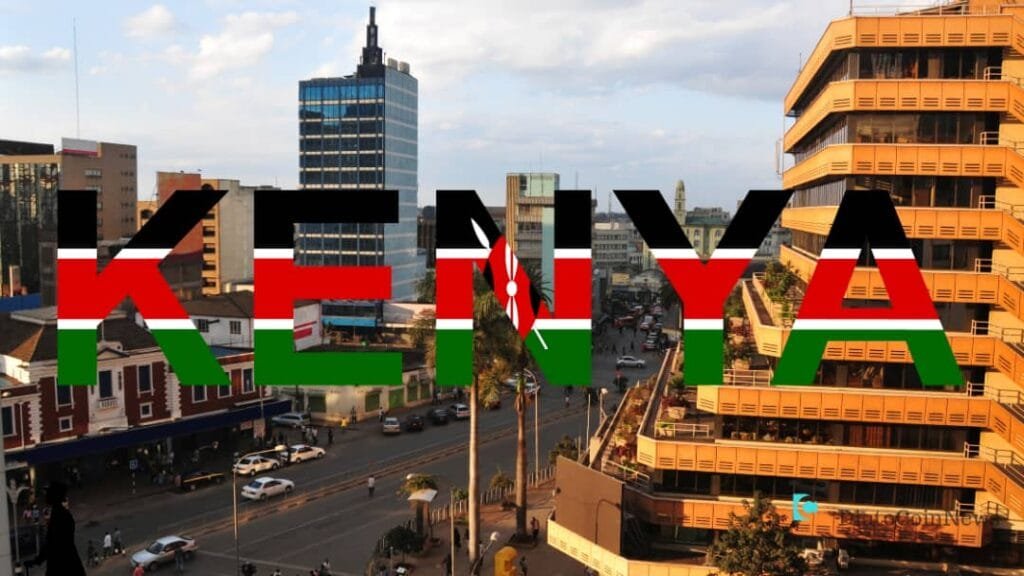Southern African country, Zimbabwe has always been in bad crises economically. More often than not, Zimbabwe’s currency decline and hyperinflation are cited during conversations as an example of how worse the legacy financial system could get. Hence, this has highlighted the need for an alternative monetary infrastructure which experts think will help address the dominant economic issues.
Zimbocash, a decentralized currency and payments platform aims to be the or provide this alternative with an already existing anti-hyperinflation cum money printing initiative. Zimbocash’s Head of Subscriber Network, Last Savadye, shared details about the vision of the project in a Tuesday interview with Bitcoin.com News.
When asked what informed the project Zimbocash, Savadye noted that the passion for sound money coupled with Zimbabwe’s hyperinflation and excessive money printing was a catalyst for the idea. He asserted that the team behind the project who have also been victims of the highlighted issues were committed to solving the issue of money printing with sound money.
Savadye added that this was the only way to create sustainable wealth, savings, and trade at a national level.
Alternatively known as Zash, the executive said that with the project, it hopes to achieve a sound system for Zimbabwe. The selling point of Zash is that it has a fixed supply as opposed to the centralized fiat system where there is no limit to the amount of money printed.
Overall, Zash will be geared toward addressing Zimbabwe’s economic challenges, Savadye pointed out. In doing this, the trust in the country’s money and banking will be restored.
Speaking further, Savadye disclosed that Zash is not created to compete with the Zimdollar, which is Zimbabwe’s official fiat currency. He argued that there is an opportunity for co-existence, with the former complementing the latter.
Zcash will operate on the Tron blockchain, promoting decentralization, limited supply as well as a reliable payment structure, Savadye finalized.
The government abandoned printing Zimbabwean dollars. This simply solved the chronic problem of lack of confidence in the Zimbabwean dollar and compelled people to use the foreign currency of their choice. Since then Zimbabwe has used a combination of foreign currencies, mostly US dollars.
Discover more from DiutoCoinNews
Subscribe to get the latest posts sent to your email.











